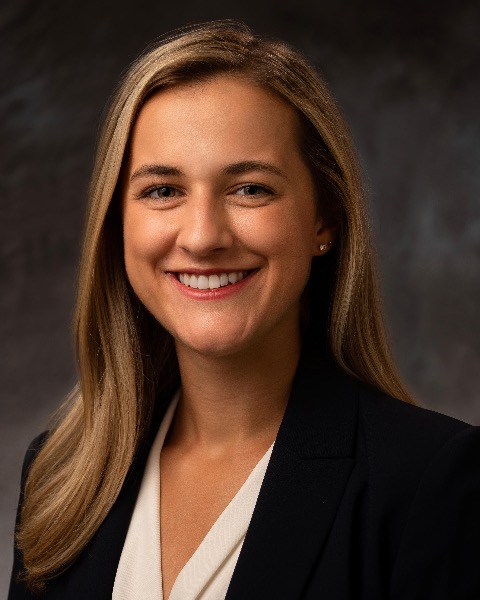Cardiology
Cardiology 2
751 - Feeding After Congenital Heart Surgery: A Qualitative Study of the Caregiver Experience
Sunday, April 30, 2023
3:30 PM - 6:00 PM ET
Poster Number: 751
Publication Number: 751.304
Publication Number: 751.304
Emily A. Wright, Emory University School of Medicine, Kirkland, WA, United States; Chelsea Simone. Phillips, University of North Carolina at Chapel Hill, Norcross, GA, United States; Saria Matthews, Emory University School of Medicine, Griffin, GA, United States; Dio kavalieratos, Emory University School of Medicine, Atlanta, GA, United States; William Sharp, William Sharp, ATLANTA, GA, United States; Nikhila Raol, Emory University School of Medicine, Atlanta, GA, United States

Emily A. Wright, MD (she/her/hers)
Medical Student
Emory University School of Medicine
Atlanta, Georgia, United States
Presenting Author(s)
Background: Feeding difficulties after congenital heart surgery (CHS) are a common concern for caregivers of children with congenital heart disease (CHD). Managing these difficulties is known to be challenging, but the intricacies of the caregiver experience are not well described. By gaining a better understanding of this experience, healthcare providers can continue to optimize the multidisciplinary approach and support mechanisms for families working to overcome their child’s feeding difficulties.
Objective: Explore the physical, emotional, and financial impacts on caregivers. Define barriers to care at the personal and healthcare system levels. Consider the ideal provision of care from the caregiver's perspective.
Design/Methods: This phenomenological qualitative study utilized semi-structured interviews to investigate the study objectives. Purposive sampling recruited primary caregivers of a child ≤18 years old who underwent CHS at a tertiary care hospital and was discharged home with alternative enteral feeding access. A hybrid inductive-deductive methodology was used to code and analyze interview transcripts. Participant enrollment concluded upon thematic saturation.
Results: 15 interviews were conducted with socio-demographically diverse caregivers. Feeding difficulties were often identified as the most challenging aspect of care, with a time-intensive feeding schedule, sleep deprivation, and tube management being common contributors. Most caregivers experienced significant emotional stress, often feeling overwhelmed and worried. Common worries involved the adequacy of their child’s nutrition, respiratory concerns, and regression of feeding skills. Time demands of their child’s feeding schedule and the lack of appropriate childcare options often precluded caregivers’ ability to work. Barriers to care included imperfect feeding education, issues with insurance and medical supply companies, and a lack of nearby outpatient care facilities. Caregiver proposals for improved health care delivery addressed easing the transition from hospital to home, improving emotional support mechanisms, and intensifying feeding therapy for expedited feeding tube removal.
Conclusion(s): Caregivers of children with feeding difficulties after CHS face many significant challenges. This exploration of the caregiver experience revealed themes regarding the emotional toll on the caregiver, typical personal and systems-based barriers to care, and ideas for improved provision of care. Themes and ideas described in this study can be used to advance the family-centered, multidisciplinary approach to feeding difficulties after CHS.
